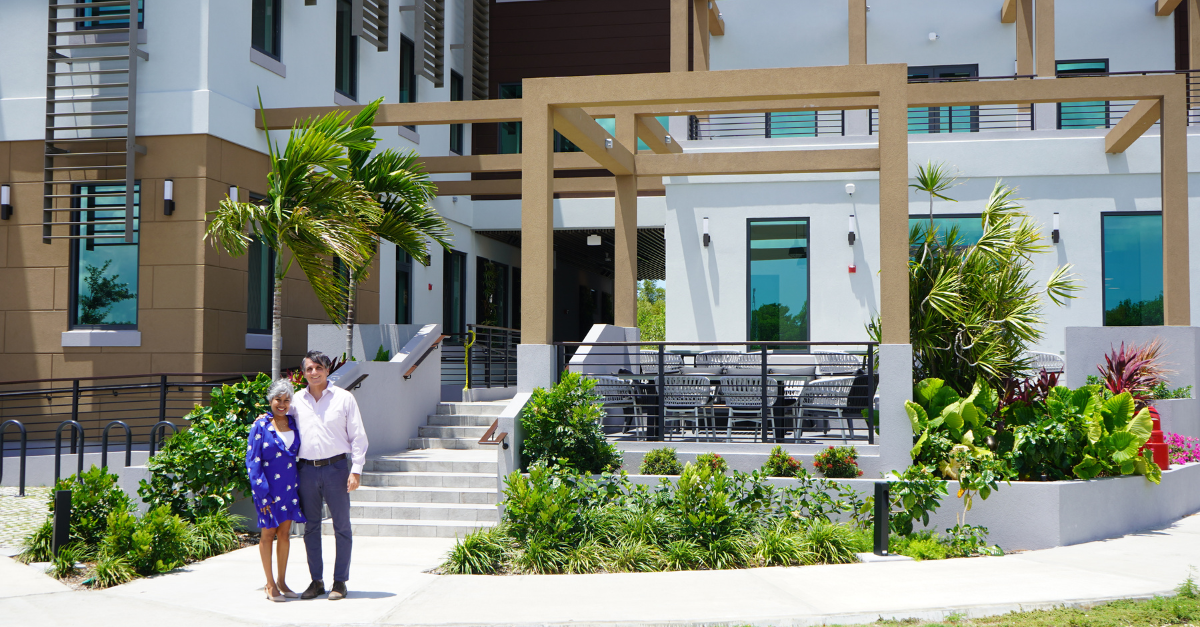Channel Development Partnerships Key to Accessing New Markets
Grand Cayman, Cayman Islands, May 10th, 2012 − Cayman Enterprise City (CEC) the first technology-based Special Economic Zone of its kind in the Western Hemisphere is aggressively pursuing channel partnerships to extend its reach in both Latin America and North America. Latin American Corporate Property Services Inc. (LACPS), a real estate service and consultation company based in Panama, has signed on as the first partner in Latin America. The company began operations in Venezuela in1978 and it has a proven 34-year track record of providing clients in 48 countries with a broad range of real estate related services.
“We are excited about working on a cutting edge development−one that is a new generation for the region and will set a standard that others will follow,” says CEO of the company Anne Usher of their new partnership with Cayman Enterprise City. LACPS has business affiliations with 15 companies in Chile, Argentina, Uruguay, Brazil, Bolivia, Perú, Ecuador, Colombia, Venezuela, Costa Rica, Nicaragua, Honduras, Mexico, Puerto Rico and the Dominican Republic.
“We are signing up specialist organizations that have access to the kinds of companies we want to see in CEC and we are starting to see significant traction,” said Cayman Enterprise City CEO Jason Blick. “We want to drive knowledge-based industries to the Cayman Islands − Global Fortune 500 IT companies, Global Fortune 500 Commodities groups, the same with the derivatives market and indeed in the media industry as well.”
Cayman’s tax and regulatory advantages and CEC’s unique concessions granted by the Cayman Islands Government are designed to attract companies from five high-tech sectors covering biotechnology, Internet and technology, media ventures including film, TV and music production companies, commodities and derivatives, and academia. Benefits include, economic freedom in a virtually tax-free environment, a 10-day streamlined setup, exemption from import duties, and Businesses trading within Cayman Enterprise City and benefiting from the tax-neutral zone of the Cayman Islands may be able to reduce their operational costs by as much as 50% accordingly to a 2011 KPMG analysis.
Anne Usher is looking forward to showing them why CEC is better for business than other SEZs in the region. “Firstly, the benefits and concessions are guaranteed in law for 30 years and the tax exemption is guaranteed for 50 years,” she said. “Secondly, the legal framework supporting the protection of industrial and intellectual property is well established, backed by precedent and being improved.”
Usher says that from conversations with clients to date it appears that most are excited about CEC, but the current climate makes some reluctant to leave their comfort zones. Latin America has shown now almost a decade of financial stability and probity, making it an investment destination of choice for many overseas investors and encouraging inter-regional investment she adds. In the last decade, China has become the number one trading partner of Brazil, Chile and Peru, and the second trading partner of Argentina.
“It is exciting to see Latin America mature past the disapproval and derision that it provoked in the 20th century,” she said. “There is great improvement in the democratic institutions; the dictators have gone, although the memories are still fresh. There is more macro-economic stability. The boom and bust cycles have been leveled out with financial regulation and improvements to the legal framework. There is still a lot to do, which is possibly the most exciting element.”
About Cayman Enterprise City
Cayman Enterprise City is a Special Economic Zone being developed in a state-of-the-art campus of innovative and sustainable architecture in Grand Cayman, designed to complement and respect the local environment. It will include: Cayman Internet & Technology Park, Cayman Biotech Park, Cayman Media Park, Cayman Global Commodities & Derivatives Park, Cayman Outsourcing Park and Cayman International Academic Park. There will be no manufacturing or industrial businesses within the zone. International businesses establishing within the zone will not be permitted to trade in Cayman outside of the zone so they cannot compete with local businesses.




.jpg)
